Designing a Package House
For those who think the only important decision in building a new home is the choice of materials, it’s time to think again. Critical to your build is procurement – who exactly will be building your home, and the level of their involvement. Like many, you could go down a traditional route and collaborate with a designer and architect, then employ a local contractor and skilled tradesmen – all on a separate basis.
Alternatively, you could opt to work with a package company. As the name suggests, these companies offer you a home package deal, which compromises all or any of the design, materials and construction of your home – basically aiding you with every stage of the build. A package company can be employed to work on your project from start to finish – including design and finishing – or you could have a package tailor-made to simply purchase the components you want. It is worth bearing in mind that packages will save you heaps of time, especially if you’re concurrently juggling the build with a full-time job.
Costs will vary depending on the amount of service you require and the materials you choose. One of the big benefits is that design fees are usually built into the package price, meaning your fees up front will be reduced. This can come in very handy at the costly early stages of your build. You should also expect to receive a detailed bill of quantities early on, which will help out with later budgeting issues.
Materials and design
Package companies can build practically any style of house, from ultra-modern homes by company such as Huf Haus to traditional oak-frame cottage styles by firms like Fleming Homes. The majority build in timber frame, although there are some specialising in brick and block, such as Design and Materials, and more modern methods, such as H+H Celcon.
Many companies, especially those specialising in timber-frame packages, will have sets of standard designs that can be amended to your needs. Brick-and-block generally allows for a more bespoke design than timber frame. Some even have show homes you can visit, and sometimes stay overnight. Prices, quality, services and customer care vary, so it’s worth speaking to a few companies before making a choice. You may have specific ideas such as incorporating green technologies such as micro-renewables, maximising living space with a basement, or using alternative build techniques, such as structural insulated panels, and not all companies offer these add-ons.
Different options
Before getting down to the design specifics, you need to decide just how involved you want to be in each stage of the build. Undeniably, package companies can make building your home a little bit easier, and in some cases very much easier – especially if you’re interested in a turnkey solution, whereby the company will complete each stage of the build – from foundations to interior decoration – to your specification, with your supervision. All you have to do is ‘turn the key’ in the lock at the end. If you’d like to leave the majority of the work to the professionals, this option will be right up your street.
Some companies also provide plots, either by finding them through agents and other commercial routes or from a bank of plots they own. And many will help you cross planning permission and Building Regulation hurdles. The majority of firms will provide a ‘supply and erect’ service, leaving you with the responsibility of groundworks and finishings, although they may consider a complete build if the project is near to their headquarters.
Fits like a glove
If you are an advocate of the hands-on approach and want a greater level of involvement, you can easily tailor-make a package. The majority of companies will be flexible enough to cater for your needs, no matter how specific they are, and will have a list of approved and accredited builders and tradesmen to help you. This is something which will save you valuable time, and possibly money, in looking for a decent firm. Remember, however, that purchasing a package home is a long-term contract, and agreeing to a contract does involve a major financial commitment that you won’t be able to get out of very easily.
Many self-builders would benefit greatly from the services of a solicitor to vet details and inspect the fine print of an agreement before signing anything. Once this is done, there is no doubt you will enjoy the fruits of your labour, or indeed, the benefit of someone else’s. There are hundreds of well-established package companies on the market to choose from.
Main image: Tony Watling used Hanse Haus to build his low-energy home… full story
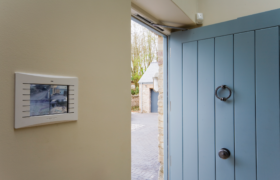



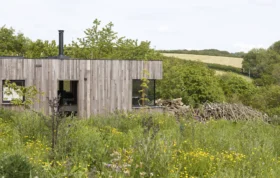
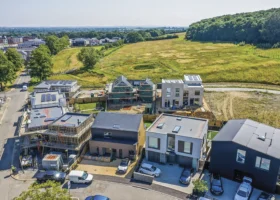
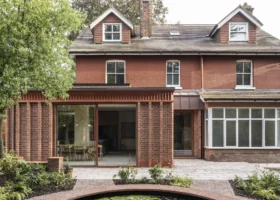
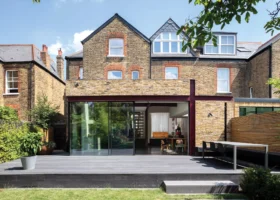




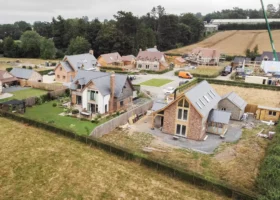

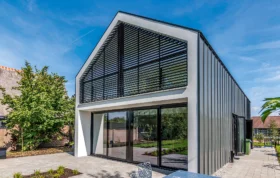

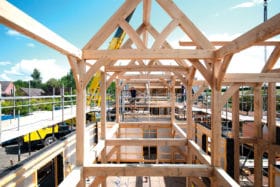
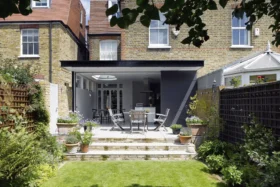
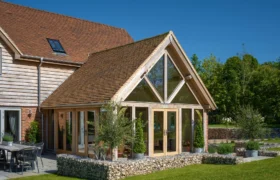
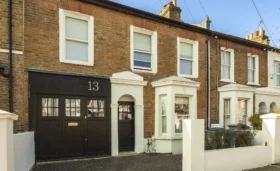
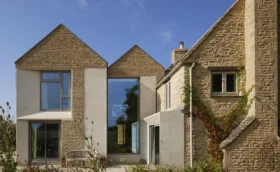
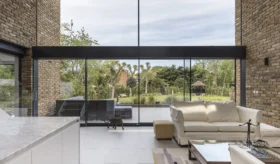
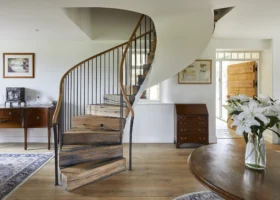
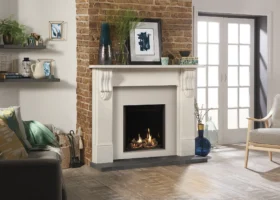

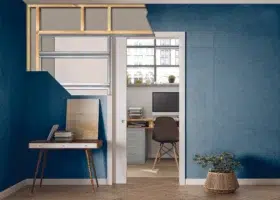








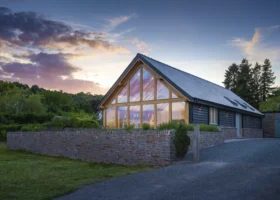

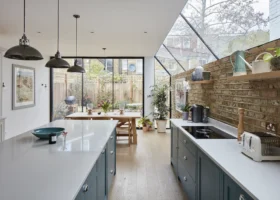
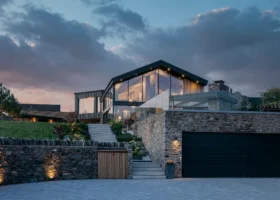




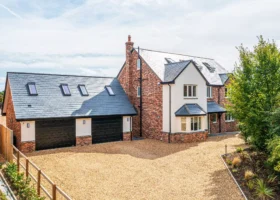

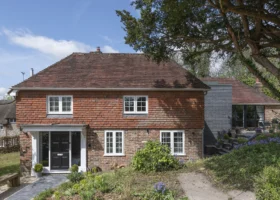
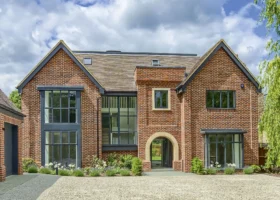
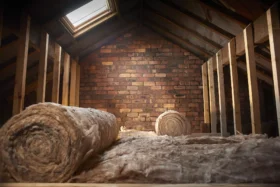
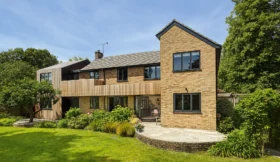

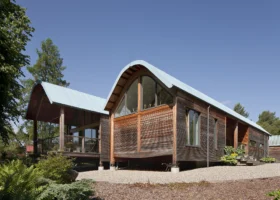

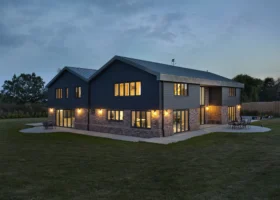
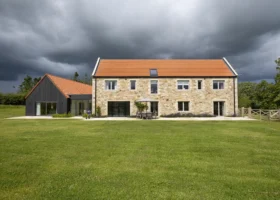
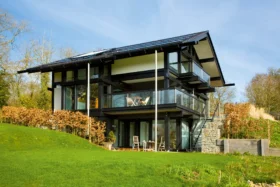



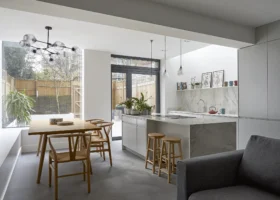

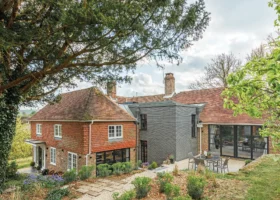
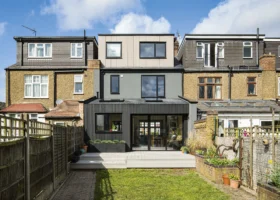
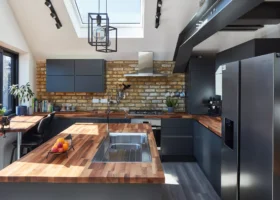





















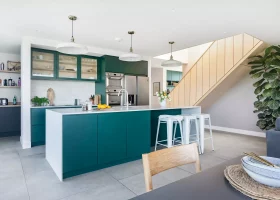

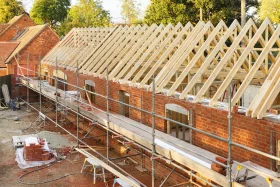









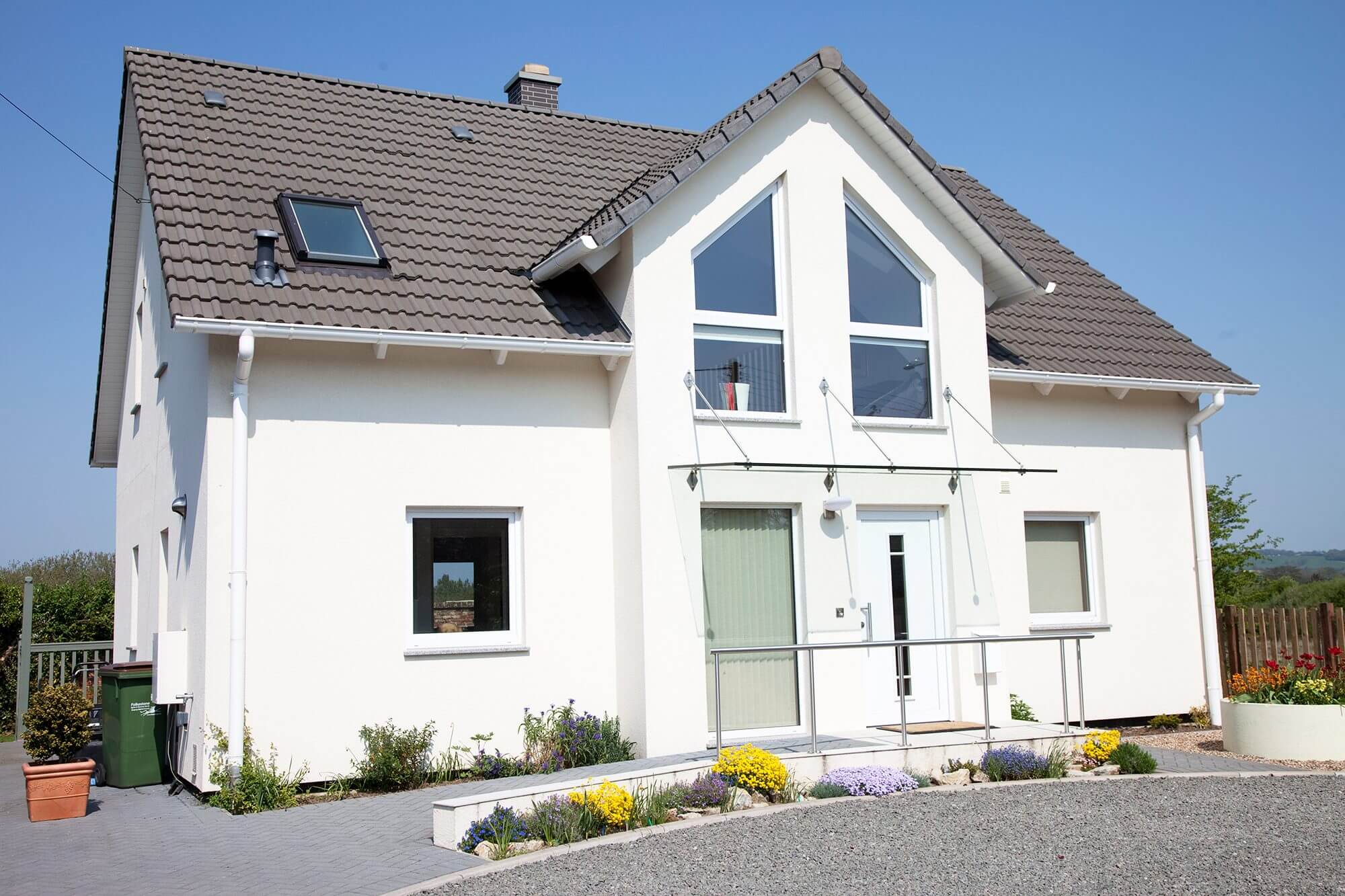
 Login/register to save Article for later
Login/register to save Article for later

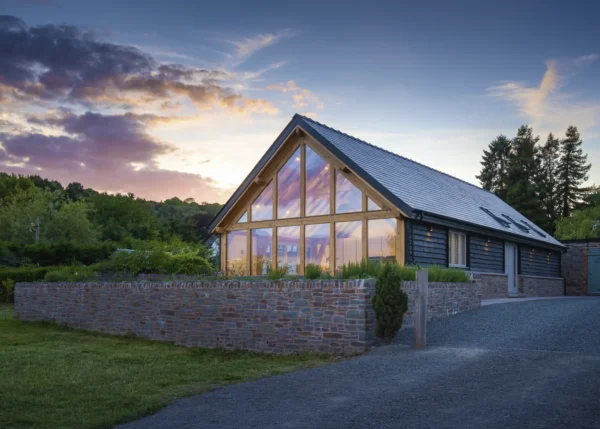
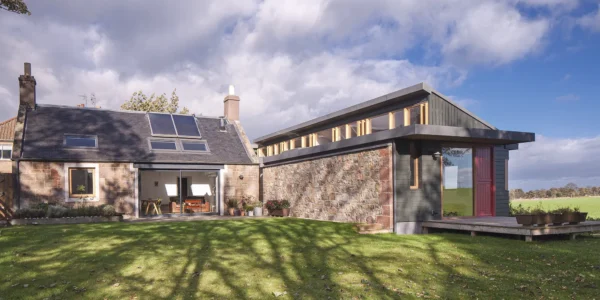
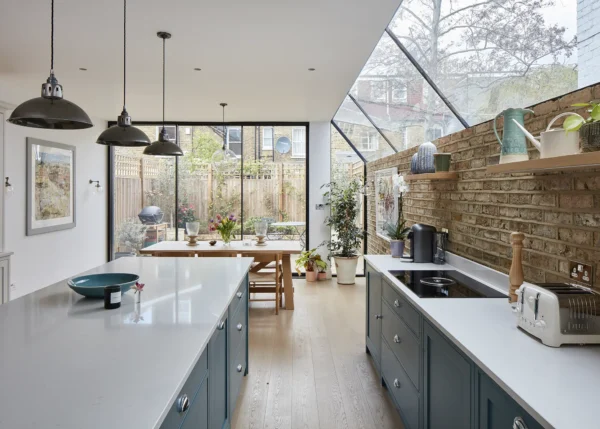

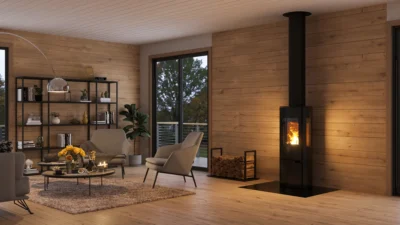
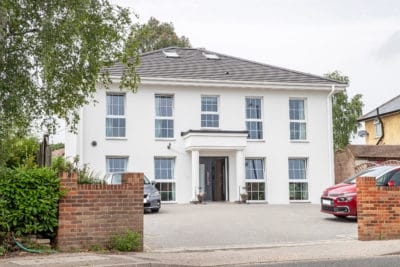
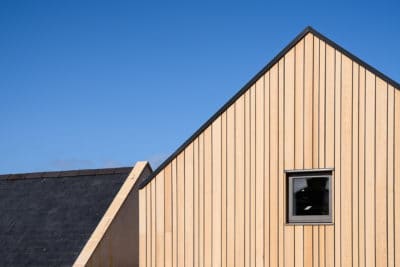





Comments are closed.